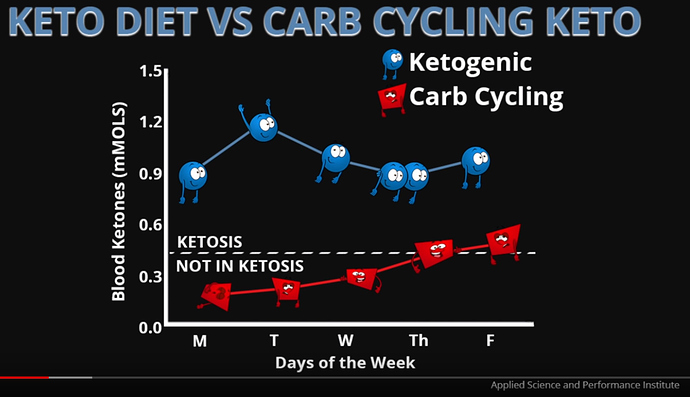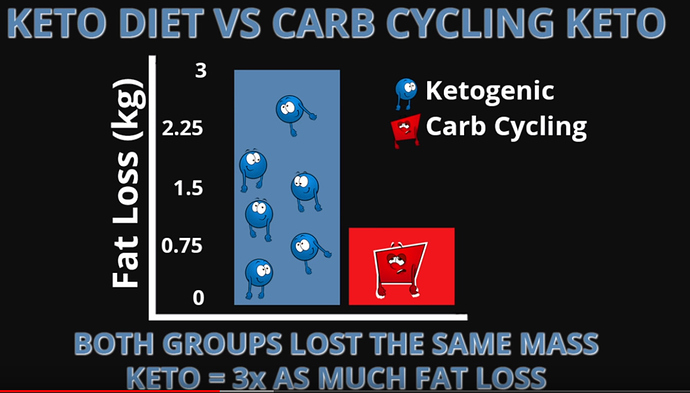If I may add one more problem to all this-we’re forgetting the psychological aspect of the game that causes problems in simple “CICO or hormones.”
I believe that telling newbies (and I was once a newbie) to eat to satiety is not beneficial, because it takes a while to become fat adapted and to recognize what the “youve had enough, stop” sign is, but they should be aware of it and see how their own bodies feel. It took me a long time to figure it out, because coming off SAD diet, as we all know, we ate larger quantities and really didn’t know when to call it quits. We were fat for a reason, we ate too much and we had no idea and/or lied to ourselves how much we actually ate. Remember how much normal pizza you could eat, followed by chips, booze, more chips, chocolate, more pizza…now I can barely finish a quarter of ketofied pizza and my body tells me “enough.”
Now that I’m in maintenance and allowing myself to relax a little, I’ve noticed some things:
- I’m fine as long as I stick to my basic OMAD of veggies, meats,eggs, butter, olive oil and coconut oil
2.I’m in trouble as soon as I get my fingers on some nuts-they trigger my snacking and I just can’t stop eating them.
3.i’m in trouble as soon as I start adding “sweet” (cakes, mug cakes,dessert, chocolate, whey protein, etc…).
I feel as if once I add nuts or sweeteners or dessert(even if they are lchf), my satiety feeling changes and I can easily overeat in calories, because they are just so dense. I think my “hunger” during the day increases, as well. Do they trigger me to overeat? Am I stuffing my feelings again? Is it my cranial response? It’s a slippery slope…
Now I understand why tell tell us to lay off replacement foods in the beginning, it just triggers the inner cause that made us overeat in the first place. It’s a combination of deranged metabolisms, foods we ate(calories) and the feelings we stuffed(psychological). Once low-carb sorts out your metabolic pathways and you learn how much you actually need to eat, you are finally free to work on your head-game. We know better and we do better.
I believe that if I would add nuts and desserts to my diet, I would overshoot my caloric intake and definitely gain weight…but i’m not willing to try and go back to where I was pre-keto.


